Adapting to Change Through Technical Innovation
At TRC, we pride ourselves at being on the forefront of technological and scientific advancement. We contribute to innovation in our professional, academic and client communities by creating new pathways for the world to thrive. Our tested practitioners continually expand their knowledge to deliver expert solutions in a wide variety of technical areas, ensuring agility, fortitude and peace of mind for the clients and industries we serve.
These resources are developed by TRC’s highly knowledgeable technical professionals within the Center of Research and Expertise (CORE), a multidisciplinary team led by proven subject matter experts in over 30 specialized areas within TRC. The CORE contributes to the technical advancement of our professional, academic and client communities, as we work to solve clients’ issues through the improvement of science and technologies in our industry. These experts cover a wide variety of industry challenges and innovative solutions implemented across the globe.
Learn more about TRC’s solutions and our experts by exploring the resources below.
Search by

Environmental Data Management Services
Environmental data is a highly-valued asset that can often include decades of information. A thoughtful data governance and management strategy is key to protecting this asset.

Hazardous Building Materials Management
To ensure the health and safety of building occupants, workers and the public, proper operation and maintenance of a structure requires an understanding of what hazardous or regulated materials are present.
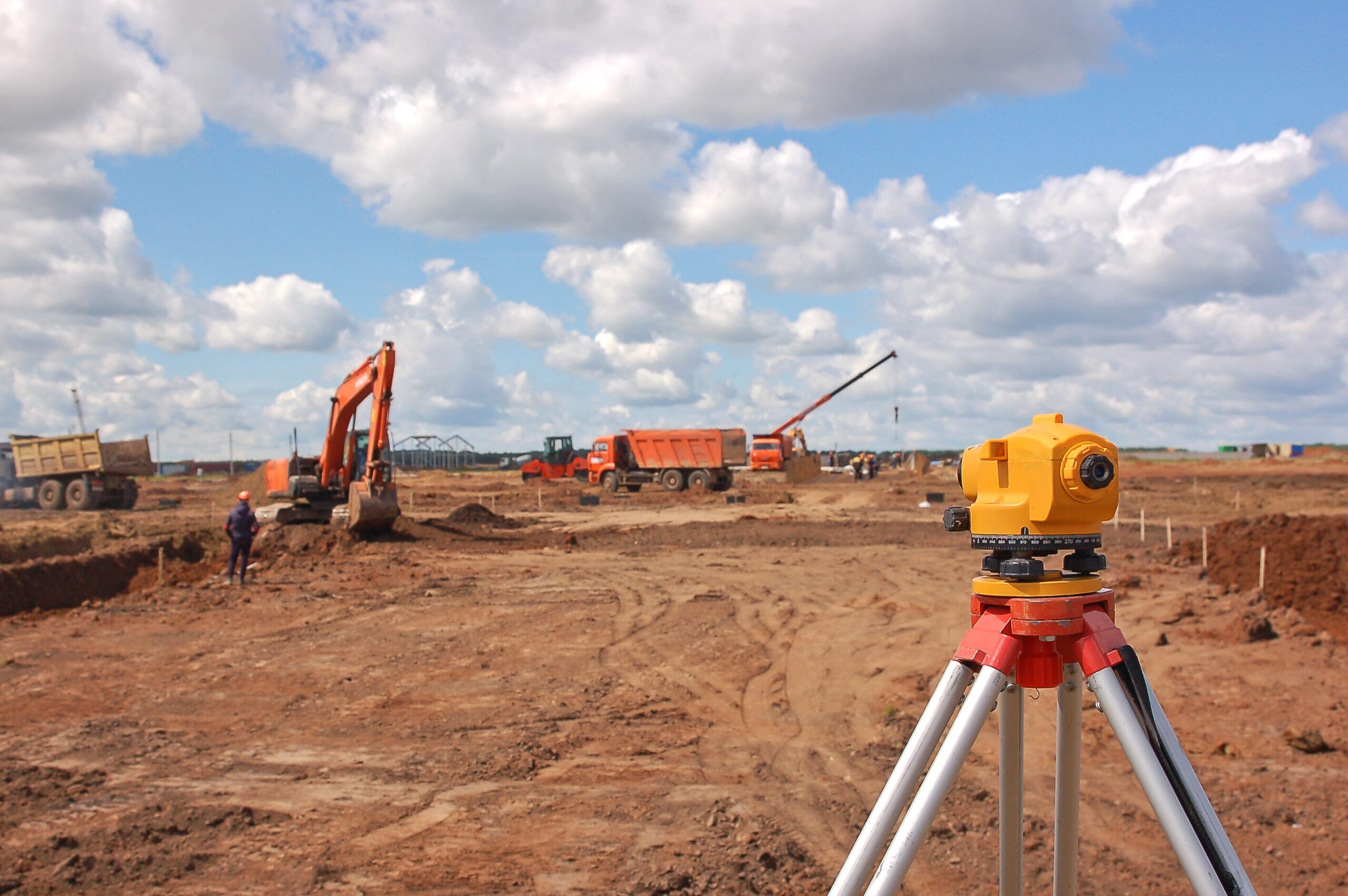
Geotechnical Engineering Services
Geotechnical engineering can be a crucial aspect of both infrastructure and environmental projects. Political initiatives, particularly the goals of current officeholders, can significantly influence the demand for geotechnical engineering services, especially in areas like renewable energy where geotechnical investigations are essential.

Dual Use Land Management
Dual-Use land management is the technique used in co-developing the same area of land for both solar photovoltaic power or transmission as well as agriculture, pollinators, grazing, and more! Dual use can effectively balance development goals with environmental stewardship.
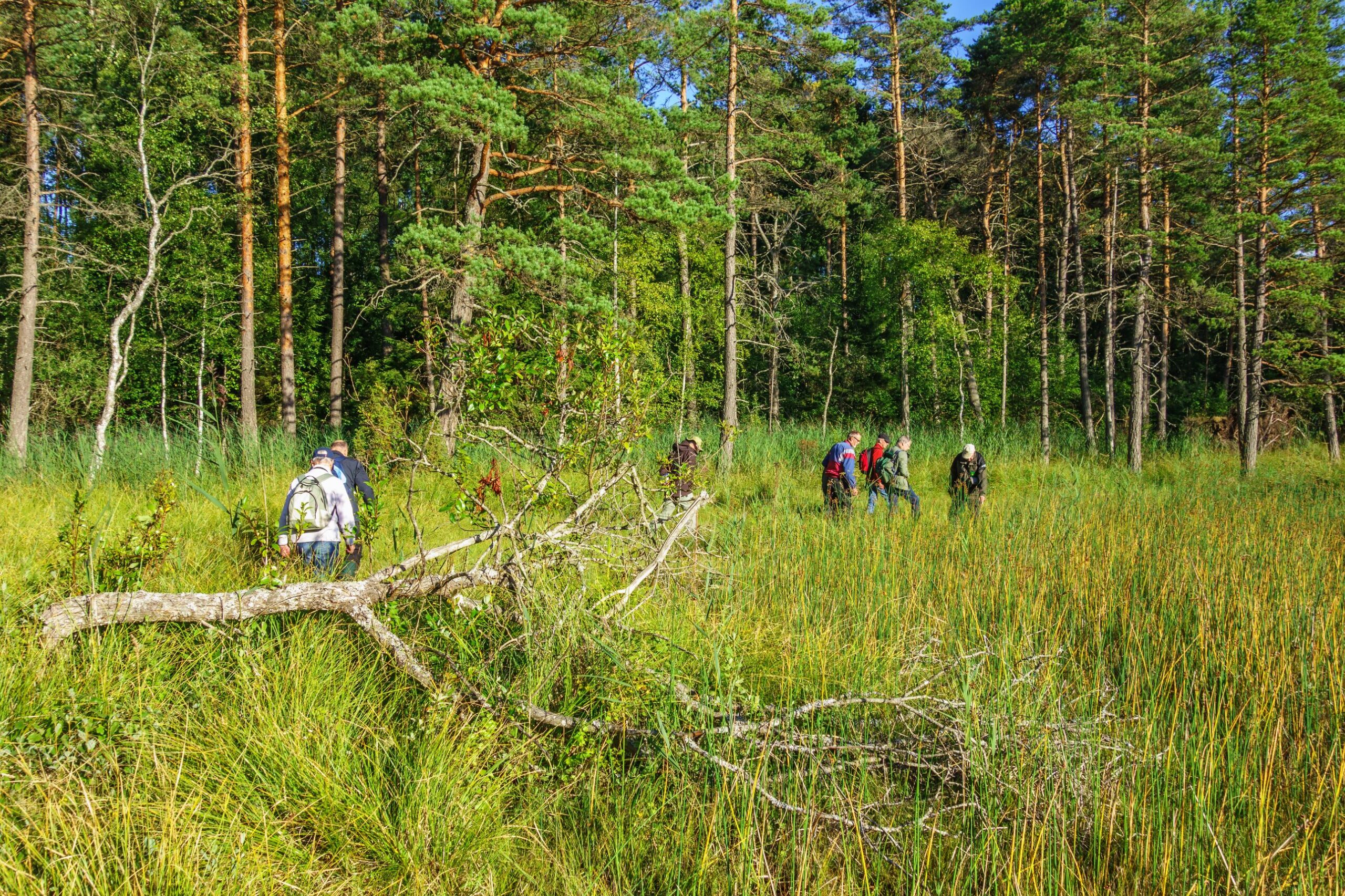
Biological Risk Assessments
When it comes to responsible development, companies need to ensure that their projects avoid, minimize and/or mitigate impacts to wildlife. If impacts are unavoidable, appropriate permitting strategies should be developed to comply with state, local and federal requirements such as the Endangered Species Act, Migratory Bird Treaty Act, National Environmental Policy Act, Bald and Golden Eagle Protection Act and the Clean Water Act.
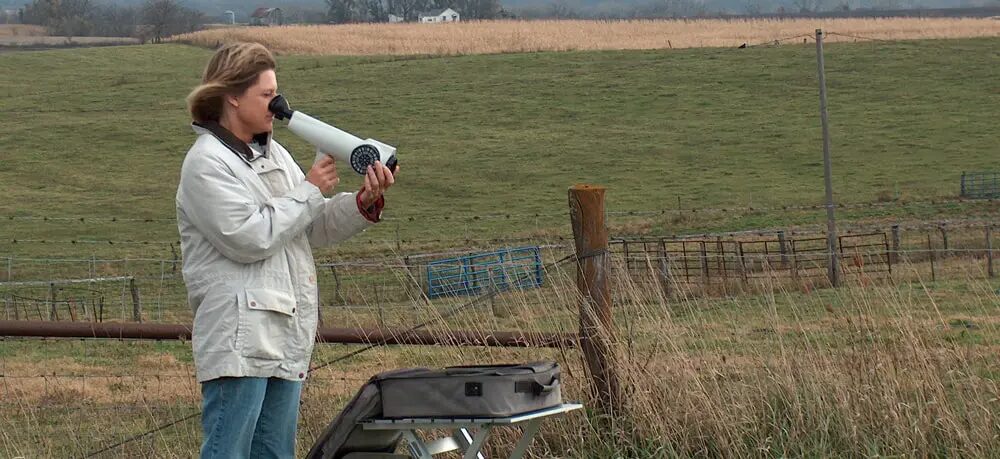
Odor Evaluation, Modeling and Control
Avoiding odor complaints is crucial to maintaining positive public relations and smooth operations for industrial and agricultural facilities. When a compliant is issued to a state agency or local health departments, facilities often are required to conduct thorough odor studies or other follow-up actions.
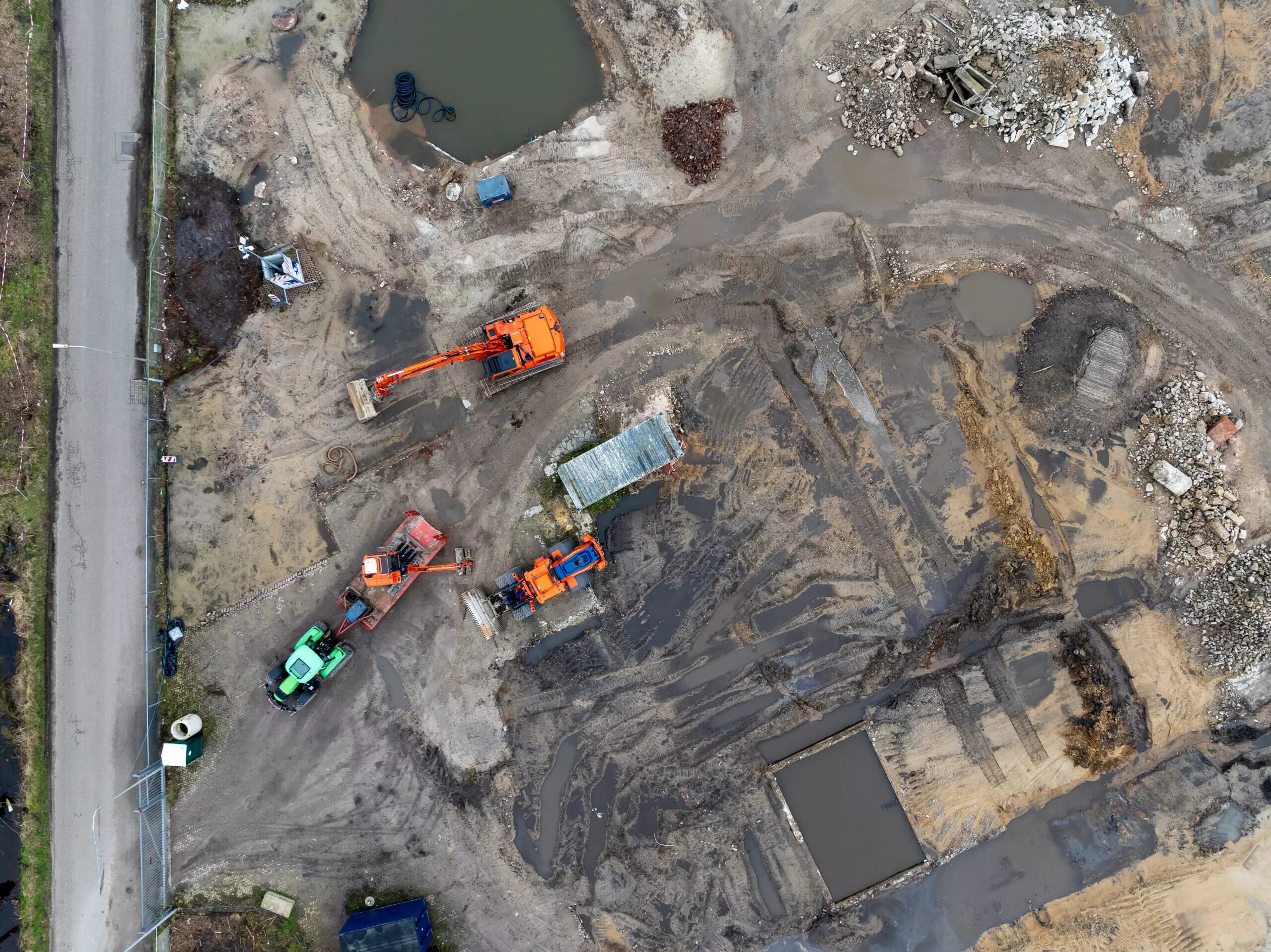
Environmental Remediation Services
Remediation projects are vital to manage the ecological and human health risks associated with the thousands of clean-up sites across the country.
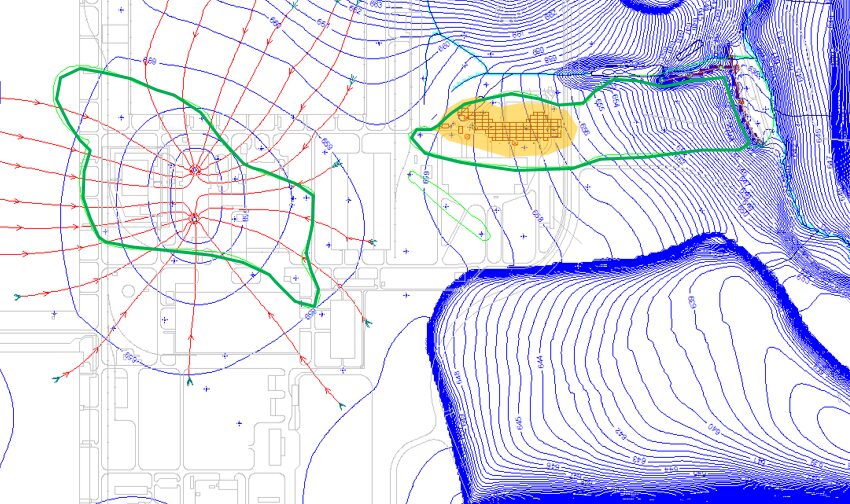
Groundwater Flow and Contaminant Transport Modelng
Groundwater modeling (simulating groundwater flow and transport using mathematical equations and simplifying assumptions) is an essential component of many groundwater supply and remediation projects and can be beneficial for large- and small-scale applications.

Microbial Investigation & Litigation Support
Environment-related microbial hazards occur most frequently after natural disasters, during construction projects, in facilities that house at-risk or immuno-compromised individuals, as well as in commercial and residential buildings.
0 results


